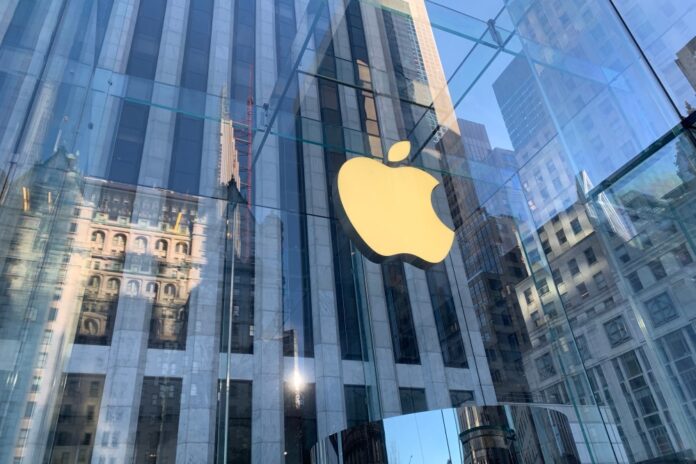New policy won’t compromise its position on privacy
The new iPhone 14 in September could usher in a new age of intrusion, warns Apple expert Mark Gurman at Bloomberg, whose sources say the vendor is expanding its integrated advertising efforts. This new income strategy comes at a time when the EU is slowly preparing a case for making Apple and other Big Tech publishers contribute to the infrastructure that telcos provide for their online commerce.
As new software is prepared to upgrade iPhones and iPads it will enable more advertising within Apple’s own apps, says the source. A number of ads already show up in the News and Stocks apps, as well as the App Store. Those apps could eventually be joined by Apple Maps, Apple Podcasts and Apple Books apps, according to Gurman. There may be an expansion into Apple TV Plus content. According to Tech Radar magazine adverts have already started to appear in the platform’s Friday Night Baseball coverage.
The ads that already exist inside iOS, iPadOS and Apple’s apps currently bring in around $4 billion every year and Apple plans to move that figure into double figures, said the Bloomberg report. The new advertising would exploit the surveillance marketing techniques pioneered by Big Tech companies. Using this intrusive information gleaned by tracking the movements of each citizen, local businesses could pay to be featured inside Maps. Meanwhile publishers could pay to get their titles featured more prominently.
The deadline for the change is still a secret but is ‘unlikely to be this year’ says Tech Radar. The new snooping software would require significant coding changes and iOS 16 and iPadOS 16 due for an imminent launch. The adverts are more likely to be a sinister addition to next year’s Apple software updates.
Apple has long emphasised its commitment to user privacy, and often highlighted how different it is from Google in its methods of collecting data and serving adverts. Apple could afford to make this distinction as the bulk of its revenue comes from hardware sales. This revenue may be disrupted if the hardware market is affected by mineral shortages, chip price hikes and other geo-political supply chain problems. That would make advertising a more critical source of revenue that needs to streamlined. Apple doesn’t need to collect any extra data from its users for this new scheme, which means it can keep its ‘position’ on privacy.



